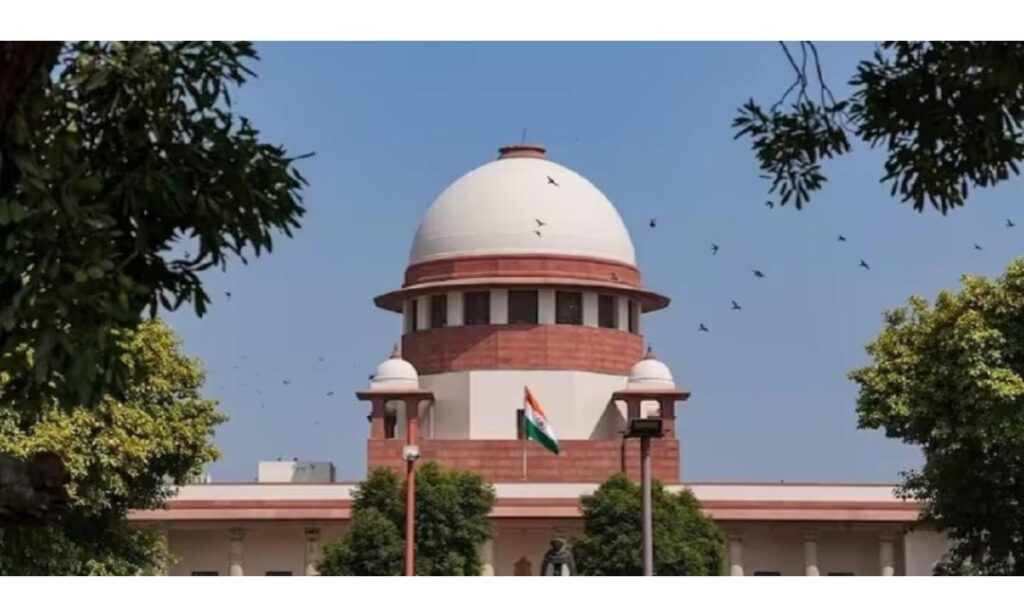Shreya Gupta
On 26th August, 2025, the Supreme Court Collegium’s recent recommendation to elevate Patna High Court Chief Justice Vipul Pancholi to the Supreme Court has sparked debate both inside and outside the judiciary. If approved by the Central Government, Justice Pancholi is set to become India’s 60th Chief Justice in 2031, and notably, the third sitting judge in the Supreme Court hailing from the Gujarat High Court.
However, his elevation was not unanimous. Justice BV Nagarathna, a member of the five-judge Collegium, dissented, arguing that such a move would undermine the credibility of the Collegium system and adversely affect the administration of justice. She highlighted that Justice Pancholi currently ranks 57th among High Court judges, and that several senior judges across the country should be considered ahead of him. She also raised concerns regarding his controversial transfer from the Gujarat High Court to the Patna High Court in 2022.
Initially, it was Justice Nikhil Kariel who was proposed to be transferred to Patna, but following widespread protests from Gujarat lawyers citing threats to judicial independence, the Collegium reversed its decision and instead transferred Justice Pancholi, a move that also faced resistance but was ultimately approved by the Government.
Justice Nagarathna’s objections were, however, overruled by the other four Collegium members, Chief Justice of India BR Gavai, Justice Surya Kant, Justice Vikram Nath, and Justice JK Maheshwari. This decision has drawn criticism over a lack of transparency in the Collegium’s resolution dated 25th August, 2025, which recommended both Justice Pancholi and Justice Alok Aradhe for elevation. The Campaign for Judicial Accountability and Reforms (CJAR) flagged three major omissions in the resolution: the absence of background details of the appointees, failure to mention which judges formed the Collegium during the decision, and no explanation for why junior judges were being prioritized over more senior ones. CJAR also demanded that Justice Nagarathna’s dissent note be made public.
In addition to this controversy, CJAR questioned another Collegium decision to elevate 14 lawyers as judges of the Bombay High Court, one of whom, Raj Damodar Wakode, is the nephew of CJI Gavai. The organisation expressed concern that such appointments could reflect nepotism, weakening public faith in judicial propriety. CJAR praised the steps taken earlier this year by former CJI Sanjiv Khanna, under whose leadership the Supreme Court began publishing detailed reasons for judicial appointments, including disclosures about whether candidates were related to sitting or retired judges.
It stressed that the August 25 resolution represents a departure from those transparency standards and called it a mockery of earlier commitments. CJAR has therefore urged the Collegium to return to the practice of issuing reasoned and detailed resolutions, ensuring openness in judicial appointments as a means to safeguard accountability and public trust in the institution.
Instagram: Click here
LinkedIn: Click here
For Collaboration and Business: info.desikaanoon@gmail.com

